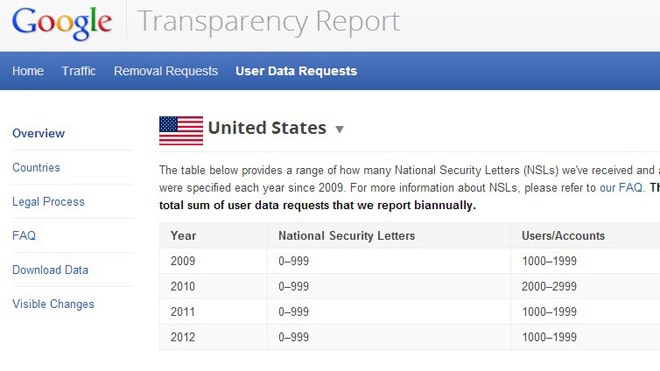Handsomelad
Rookie
- Jun 29, 2012
- 16
- 1
- 1
I just read this article and it got me thinking.
If western governments (the U.S included) are ramping up their efforts to remove political speech or videos of police brutality from the internet, what recourse do we have?
What do you guys think?
If western governments (the U.S included) are ramping up their efforts to remove political speech or videos of police brutality from the internet, what recourse do we have?
What do you guys think?



